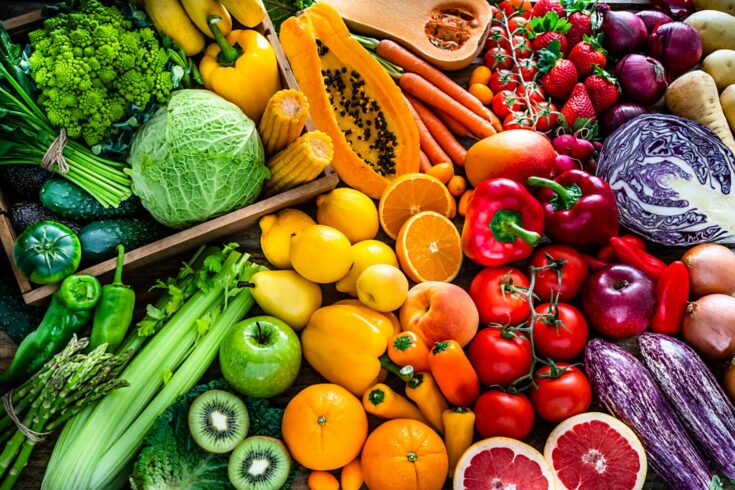UK Research and Innovation’s Global Food Security (GFS) programme has published its new multi-stakeholder dialogue report.
The scenarios sub-report, ‘the role of the UK food system in meeting global agreements: multi-stakeholder dialogue’ describes the outputs of a intergenerational, multi-stakeholder dialogue held by the GFS programme.
With the aim of identifying the actions that must be taken today to align the UK food system with the Paris Agreement and the Sustainable Development Goals, the dialogue brought together:
- academics
- food producers
- campaigners
- youth activists
- the wider public.
Stories for action
The dialogue was based on the four potential food system scenarios described in the recently-published GFS scenarios report.
To stimulate discussion and facilitate cross-stakeholder communication, GFS collaborated with writer and storyteller Debs Newbold, who translated the scenarios into four engaging stories (Food Security) set in the year 2050.
Based on these stories, the stakeholders involved in the dialogue identified a range of multi-level actions that can be taken today to align the food system with global agreements, including:
- working with all members of civil society, particularly marginalised groups, to build a social revolution that promotes global citizenship through food
- establishing food system education (including dietary health, food sustainability and food justice) as a core subject in the national curriculum
- organising local food-sharing events to explore the cultural importance of food in the community, and collaboratively identify culturally appropriate changes that members can make to address health, sustainability, and accessibility issues in the food system
- if possible, learning to cook with plant-based whole foods, utilising food ‘waste’, and eating seasonally.
United Nations Food System Summit (UNFSS)
This GFS dialogue was one of the five dialogues selected to feed into the UK Member State dialogue for the UNFSS. Member State dialogues are organised by national governments and are expected to help shape national pathways to sustainable food systems.
Last month, the Biotechnology and Biological Sciences Research Council held an independent dialogue titled ‘nutrition: bridging the gap between farm to fork for improved health and resilience in a changing environment’.
The outputs of this independent dialogue will be submitted to the UNFSS ahead of the main summit this September.
Introducing youth experts
The GFS multi-stakeholder dialogue was the first time that youth were invited to join a Global Food Security expert group.
The value of involving young people in discussions about food system transformation is gaining global recognition.
Dr Lawrence Haddad, Executive Director of the Global Alliance for Improved Nutrition (GAIN), 2018 World Food Prize laureate, and Chair of the UNFSS Action Track 1 said:
Half the world’s population is under 30. It is self-evident that they are most affected by the food system decisions made by policymakers in industry, government, development agencies and the research community. And yet, youth have the least access to this decision-making space.
This has to change, not only from a fairness perspective, but also because it’s the smart thing to do. Young people are fearless. They don’t have the baggage of “we tried it before and it does not work”. They ask “how can we make it work now?”

